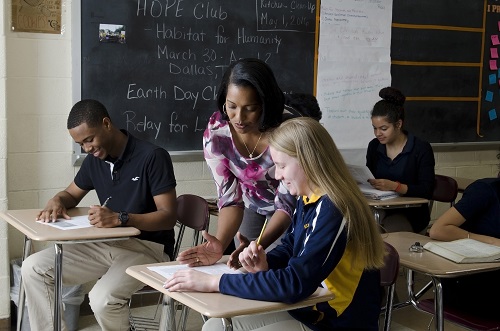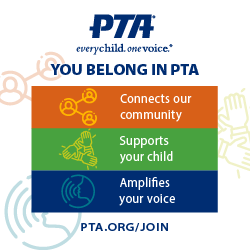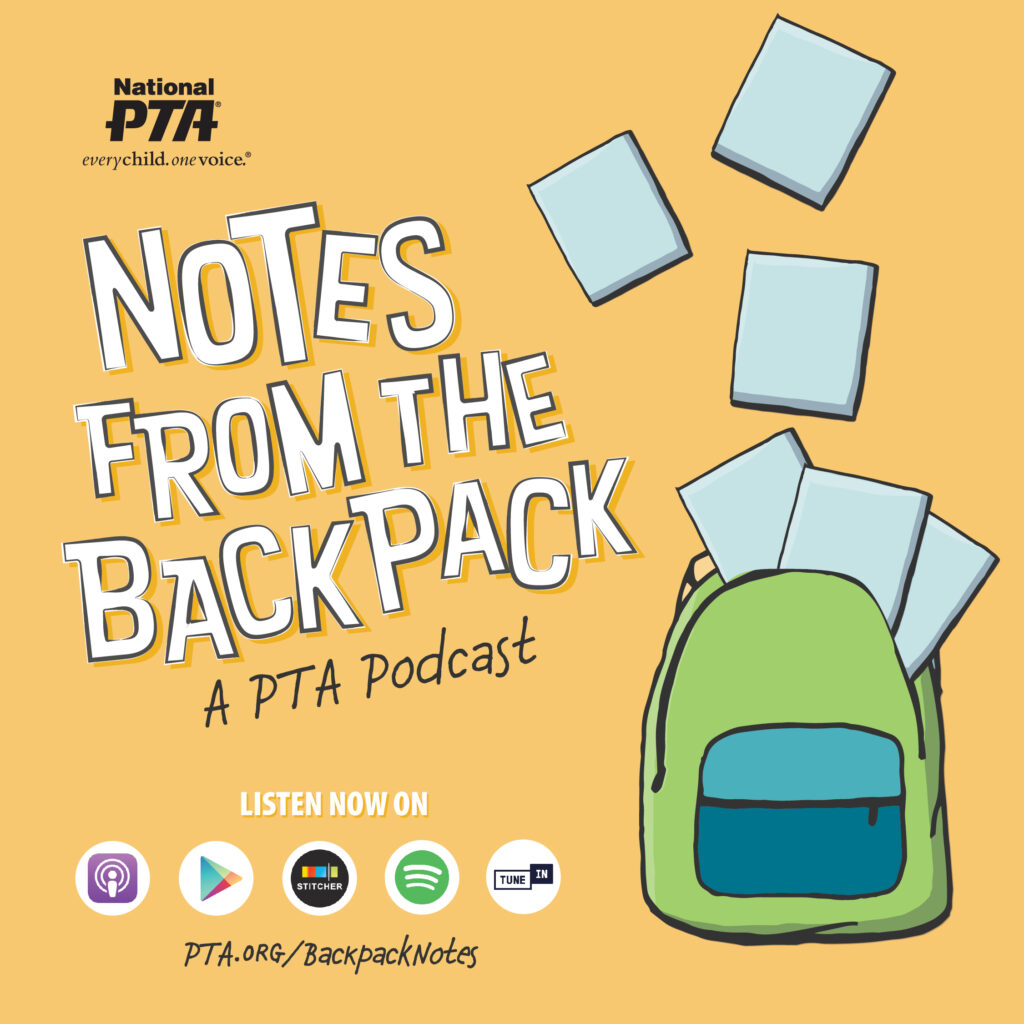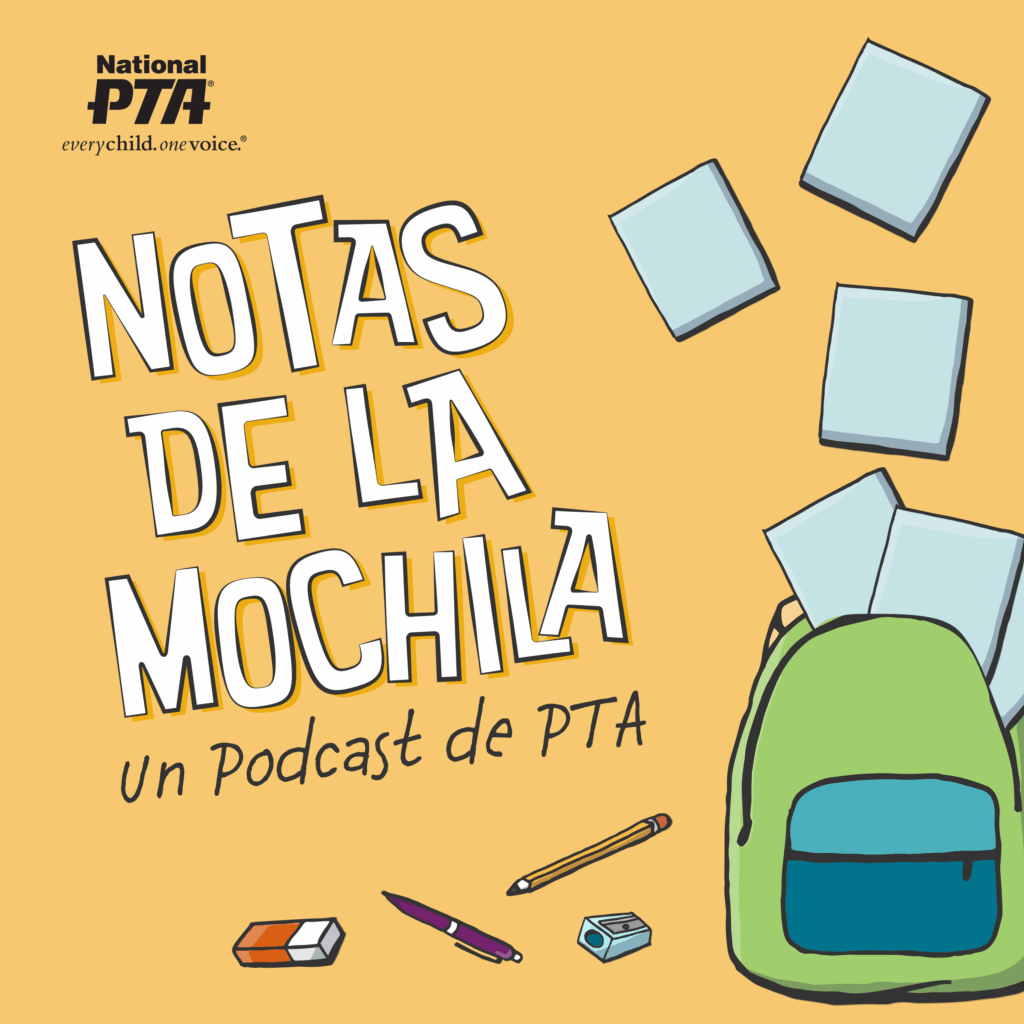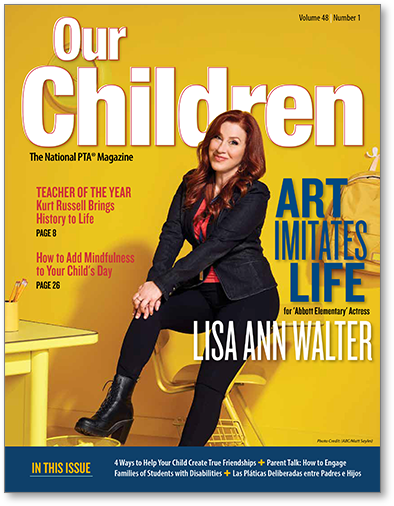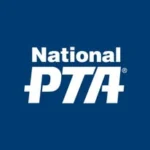Every spring since 1952, a National Teacher of the Year is chosen from among the State Teachers of the Year by a national selection committee representing leading education organizations, including National PTA. The National Teacher of the Year program is run by the Council of Chief State School Officers.
This year’s honoree is Jahana Hayes, a veteran history teacher at John F. Kennedy High School in Waterbury, Conn. An advisor, counselor, confidant, protector and teacher of students for over 12 years, she works to connect lessons learned in school to real life and send students into the world not just academically prepared but as conscientious and productive members of society. President Barack Obama honored Jahana Hayes as the 2016 National Teacher of the Year in a special ceremony at the White House on May 3. During her term as the 2016 National Teacher of the Year, Hayes is committed to engaging people who have not traditionally been part of the conversation to join in the effort to prepare students for success—in school and beyond.
We recently had the opportunity to connect with Hayes to discuss her goals and helpful advice for families.
As 2016 National Teacher of the Year, what goals involving families are you hoping to accomplish this year?
Over the next year, my goal is to start a dialogue that includes families and schools as partners in their child’s education. Many parents do not have the tools to advocate on their children’s behalf. I am always reminded of my own grandmother, who cared very deeply for us but rarely attended parent conferences or school events. She had limited education and skill level so she was not comfortable or confident in her ability to speak to teachers. I would like to remind educators to be purposeful in making their classrooms and campuses less intimidating and informing parents of all of the resources that are available to help their children. It is unfortunate that many of our parents do not see schools as welcoming communities; that is something that has to change. Another benefit to opening up this dialogue is that as schools talk with parents and begin to understand the needs of the families they serve, schools can adjust their practices as well. Education must be viewed as a partnership between schools, communities and families.
We know that part of your platform as National Teacher of the Year is to bring people to the table who have not traditionally been part of the educational conversation, who do you want to bring and how can they get involved?
Traditionally, educational partners are viewed as those who have a direct link to the field of education. I would like to challenge people to look at partnerships differently. Everyone in a community can contribute to our schools. I imagine local businesses, hospitals and church groups working together with schools. As educators, our goal is to produce productive citizens; therefore, we must fully understand what the expectations are of our graduates. All of these groups can contribute in very different ways. When we work together students can begin to see how the things they are learning in school can be helpful in their communities. Education is not just about what happens in classrooms and the work that teachers do, it’s about everyone working together.
How have you balanced being a teacher and working full-time with being involved in your child’s education?
Very creatively. A downside to being an active and involved teacher is that it takes away from time with my own family, so I work very hard to balance my time. I stay in touch with my children’s teachers through email and phone conversations. I often miss parent conferences for my own children because my school’s scheduled conference often happens at the same time. My solution to that is to arrange a morning conference with the teacher the day before or after and try to meet with as many people in the building while I am there. Teachers are generally very accommodating people so if you reach out to them they can generally find a time that works. I spend a lot of time doing community service projects with my students so I usually bring my family along for community service events. I want my own children to learn the value of helping others, so this is a great way for us to spend time together. And finally, there are some absolutes, and by that I mean that I have to set aside time that is just for family. There are some sporting events and school activities that I just clear my calendar for and attend. I can’t do everything, but my son had a second grade dance on the same day as my school’s championship game, and I went to the dance. You also have to release the guilt, understand that families are different, and you have to do what works for your family. A working parent should not feel guilty about missing some school activities because they are contributing to their child’s growth in many other ways.
What advice do you have for families for the most effective ways to be involved in their child’s education?
I would say ask lots of questions. Don’t avoid a school setting because you don’t know or understand something. If you don’t understand an acronym or test score, ask questions. In education we sometimes speak a language that only an educator can understand, so parents have to remind us to translate. There are no stupid questions. Verbalize any concerns you have about your child to his/her teacher and that makes it easier for teachers to do their job.
Heading into summer, how can families best continue their child’s learning at home?
I don’t believe children should be forced to sit at a desk for several hours a day in the summer. Children need down time to play and have fun and explore the world around them. Seize every opportunity as a learning opportunity. I often ask my son to read signs while we are driving in the car or ask him to add up the bill at a restaurant. Things like asking him to look at the clock and figure out how much longer until the beach opens really reinforces the skills he has learned at school. Probably the most important thing parents can do is encourage their child to read. This can be as simple as finding a book that they really love. My son would cry when I tried to make him read his foundations book, but when I bought him a “Diary of a Wimpy Kid” book he would not put it down. Let your child have some control over his/her choices. I do this in a way that makes my son think he is helping me and not really studying at all.
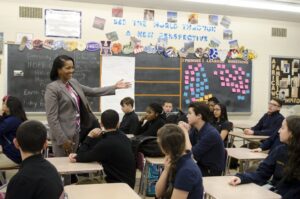
National PTA was thrilled to have Jahana Hayes as one of the keynote speakers at our 2016 Annual Convention & Expo.

